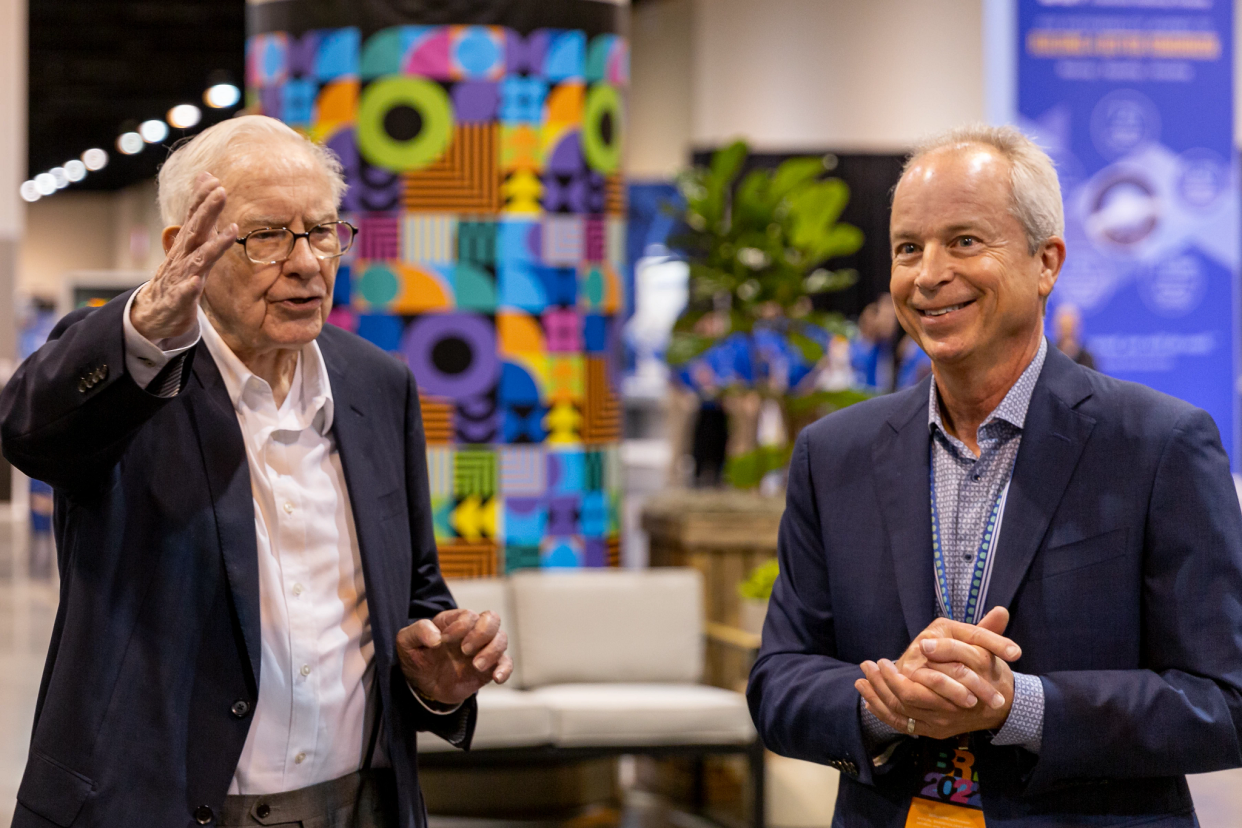Highlights from Warren Buffett's annual shareholder letter | Opinion
Every February, Berkshire Hathaway publishes CEO Warren Buffett’s shareholder letter, an eagerly awaited annual missive. Most CEO letters are either meaningless happy talk written by communications directors, or they are stuffed full of industry-specific technical jargon designed to intimidate or impress mere mortal shareholders. Instead, Buffett’s letter is uniquely folksy and readable – and is always full of insights from one of the world’s richest men on a wide variety of topics.
This year’s letter lived up to expectations, although it did begin on a somber note. Buffett addressed the passing of his long-time partner, Charlie Munger, who died last November, only 33 days shy of his 100th birthday. Despite Buffett being the “face” of Berkshire Hathaway, he described Munger as the company’s architect. Buffett’s description of their 60-year working relationship highlighted the importance of surrounding yourself with talented people with skills different from your own.

Buffett writes that Munger’s advice to completely invert his investment philosophy was the turning point in Berkshire’s success. Initially, Buffett had been focused on trying to buy decent businesses at dirt-cheap prices. Munger advised him to focus on buying great businesses, even if the price wasn’t bargain-basement.
If you think you are too old to pursue a dream or achieve massive success, consider that Munger – worth more than $2.5 billion at his death – accumulated that wealth after entering the investment business when he was almost 40 years old. Don’t ever let your age deter you from pursuing your aspirations.
Buffett, who is 93 years old, reminded his readers about the value of a long-term perspective, noting that since his first stock purchase in 1942, the majority of his net worth has been invested in U.S.-based stocks.
Buffett spends a few paragraphs explaining that the reported net income figure required by generally accepted accounting principles does not accurately capture or describe the economic value produced by Berkshire’s companies. The most ardent proponents of the quip “perception is reality” are often those who benefit from you believing the way things seem to be rather than the way things actually are.
As he often does, Buffett commented on the power of incentives, the fallibility of human nature and the value of knowing who can be trusted and who is “selling” to you. Charlie Munger often advised that the most important rule in management is to get the incentives right.
Buffett’s letter also underscores the importance of focus and persistence. Buffett writes that “Berkshire benefits from an unusual constancy and clarity of purpose.” Those traits seem increasingly rare in a world with a seven-second attention span where TikTok video gurus advise young people that the way to earn the most money is to job hop.
David Moon, president of Moon Capital Management, may be reached at david@mooncap.com.
This article originally appeared on Knoxville News Sentinel: Opinion: Highlights from Warren Buffett's annual shareholder letter
